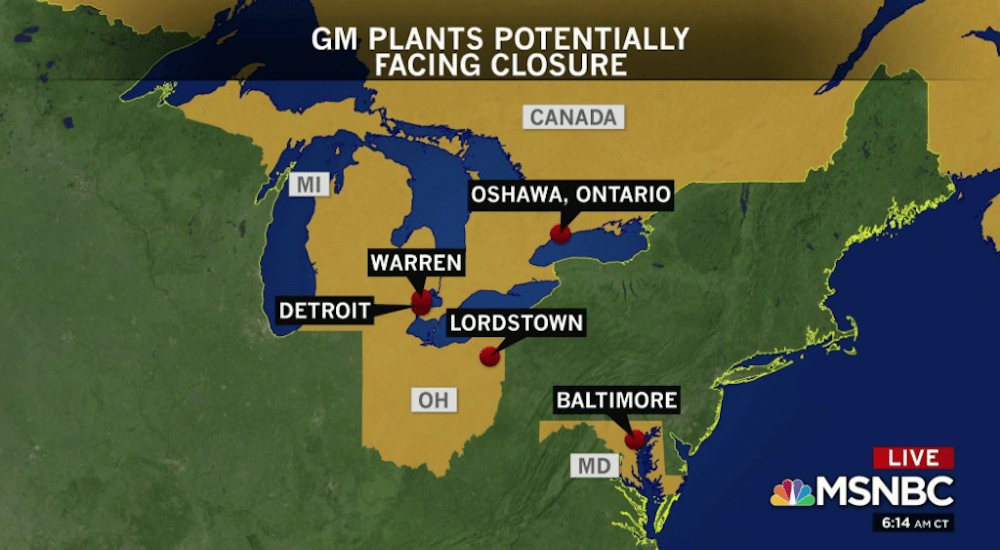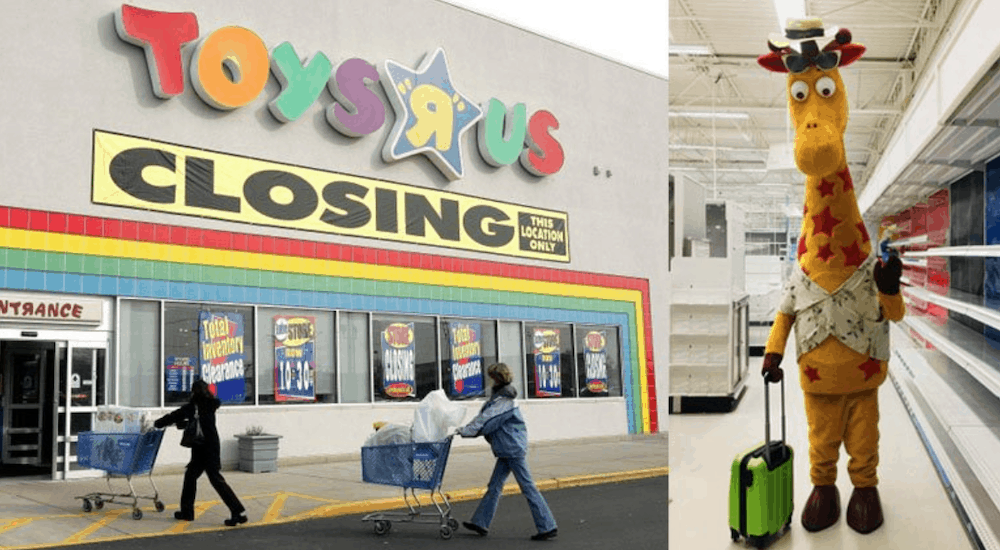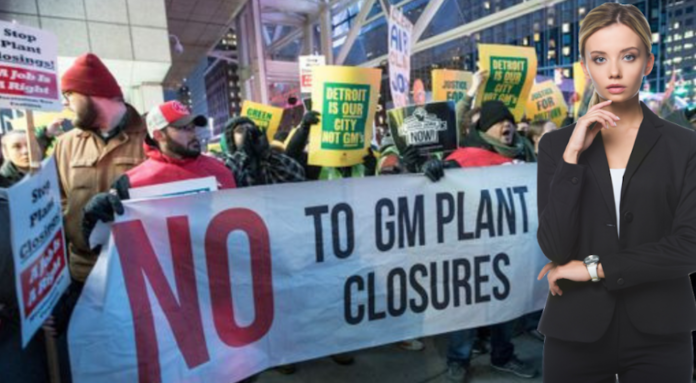Detroit MI – In live auto news, General Motors has fallen under increased scrutiny in recent months, resulting from a wide array of fiscal woes that have forced several plant closures and countless layoffs.

Among 20th Century social theorists, Paul-Michel Foucault stands among some of the most celebrated analysts of power and knowledge. Throughout his various works, but especially in 1975’s ‘Discipline and Punish’, the idea of ‘normalization’ is discussed in great detail. Conveyed as the creation, or implementation of an idealized norm of conduct – normalization might be most recognizable in terms of military applications. For example, basic training introduces a recruit to new expectations (marching, standing, drill, uniform) and through repetition and scrutiny of minutiae, drill instructors are able to rewire the recruit’s behavior to reflect those expectations.
In other applications, the process of normalization might include a series of reward and punishment. Used by employers and even animal trainers, it’s a means of conditioning the subject to remain docile, accepting of commands and grateful for compensation in whatever form it might take.
But we experience normalization as part of our everyday life, as well. From the manner in which the entertainment, music and video game industries have been accused of desensitizing us to sex and violence, to the micro-cultural adaptations forced upon us when certain businesses close down, we’re quick to normalize things in order to empower ourselves with a false sense of security.
And that might be exactly what General Motors is banking on, in their effort to defuse current tensions. Their plan: to acquire the controlling stake in a large number of major retailers, and initiate large-scale store closings. The expected result: the large-scale normalization of closures and job loss. And surprisingly, the strategy might have actually been in play for some time now.
It was recently revealed that GM might have secretly possessed a controlling interest in TOYS R US prior to the March 2018 announcement that the iconic toy retailer would be suspending all U.S. operations.

According to one of the aforementioned insiders, “GM is playing a dangerous game. Ultimately, they’re gambling the stability of the fragile retail marketplace, a cornerstone of our economy, in an attempt to save face.”
While GM was hesitant to comment on the suggestion of this normalization strategy, their press liaison did ask, “Do you like Olive Garden? If you do, you might want to visit there soon.” Truth be told, we didn’t think much of the comment at first, but then we started thinking about the horror of losing Unlimited Breadsticks and we suddenly stopped caring about a few thousand jobs.













